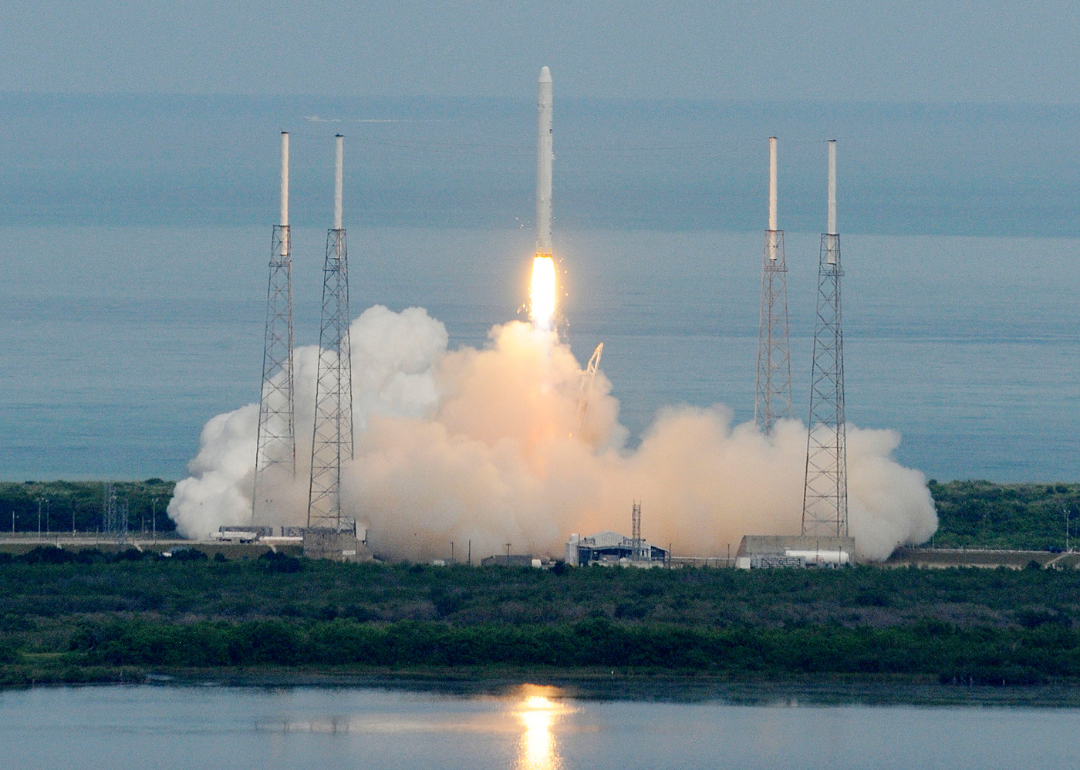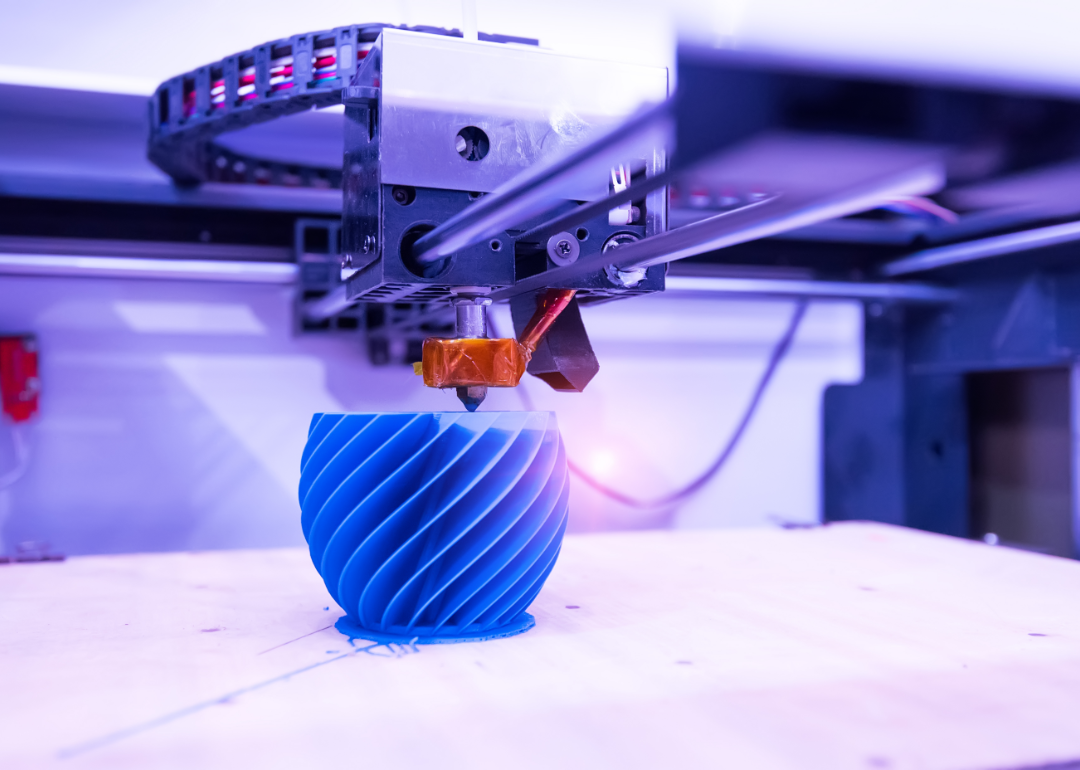The concept of smartphones and electric cars seemed like a pipe dream 20 years ago, but today, nearly 6.92 billion people, or 86.4% of the global population, have personal smartphones.
Governments worldwide are moving toward a green future by encouraging the use of electric cars instead of vehicles with combustible engines.
Investing in burgeoning technologies could increase your wealth within the next two decades. Benzinga looked at some of the most promising technologies poised to become a more common part of everyday life.
Generative artificial intelligence
In recent months, generative artificial intelligence (AI) has taken a much larger role in daily life than normal. ChatGPT is rewriting curriculums and being used at publications like Buzzfeed.
But that's just the beginning. While ChatGPT has been growing in prominence, other aspects of the field have been under-reported.
For example, RAD AI is a startup using generative AI to increase the efficiency of marketing campaigns with the world's first AI marketing platform built to understand emotion. The startup is has raised over $2.5 million from everyday investors.
Generative AI is being used to generate images, paintings, drawings, text-to-speech and full videos using nothing but AI. ChatGPT is rolling out an internet-based plugin, meaning ChatGPT will have features similar to that of a search engine to compete with Alphabet's Google and operate similarly to Microsoft's new Bing.
ChatGPT's plugin page notes companies like Expedia Group and Instacart are already working on solutions in this regard.
Further, with startups like GenesisAI creating a marketplace that helps integrate AI into any existing business AI is poised to become an increasingly prominent part of our everyday lives.

Commercial space exploration
2021 was a pivotal year for commercial space exploration, with startups such as Jeff Bezos-backed Blue Origin and Elon Musk's Space Exploration Technologies (SpaceX) successfully kickstarting commercial space travel. Virgin Galactic, backed by billionaire Richard Branson, also launched the first fully crewed flight to the edge of space in July 2021.
These startups are gearing up to begin commercial space travel by 2024. But given recession concerns and supply chain issues, no concrete plans have been made. Many companies delayed their schedules by at least a year as the macroeconomic headwinds piled on.
With tickets priced at nearly $500,000 each, commercial space travel is currently only accessible to high-net-worth individuals. But you can expect prices to drop over the next two decades, as companies invest heavily to develop sustainable space stations and other infrastructure. China Business Knowledge predicts space travel to become more affordable over the next 15 to 20 years, stating, "Many people alive today will have a real chance of traveling to space in their lifetimes."
Brain-computer interfaces (BCI) & brain enhancements
Most have heard of Elon Musk's Neuralink, a leader in brain-computer interfaces (BCI). But many of the biggest names in finance are also pouring billions into this market. Bill Gates and Jeff Bezos recently backed Synchron in the Neuralink competitor's $75 million Series C raise.
Retail investors have already invested over $1.2 million in Trubrain, a startup creating supplements and wearables for brain health. And Microsoft openly publicizes its research and developments into BCIs.
Most have heard of Meta's multi-billion dollar investments into the metaverse. While much of that revolves around building augmented reality and virtual reality systems, but this also consists of massive amounts of research into how the brain works as it looks to expand the capabilities of its headsets. In some instances, it's been reported the company wants to expand its technology to be able to read your brain activity.

3D printed infrastructure
3D printing has quietly been growing in the background and slowly becoming a more common part of people's everyday lives. But many people right now realize the impact it's having. While everything from shoes to electronics is being 3D printed, it's becoming significantly more advanced.
But potentially one of the most expansive ways this is being actively used is 3D printing houses. For example, Apis Cor uses giant 3D printers utilizing their patented concrete blend to print full-size houses. The company holds the world record for the largest 3D-printed building on earth.
But there are other innovative ways 3D printing is working its way into your life, and you may not even know it. 3DOS is utilizing its network of tens of thousands of 3D printers across the globe to create a global, localized, and on-demand logistics network. Meaning you could buy a product online, then manufacture it in your own home. Or a neighbor or local facility could manufacture it, then ship it down the road instead of around the world.
With 3D printers being able to manufacture most materials autonomously, this would drastically reduce the carbon emissions and costs associated with the trillion-dollar logistics industry.
This story was produced by Benzinga and reviewed and distributed by Stacker Media.



